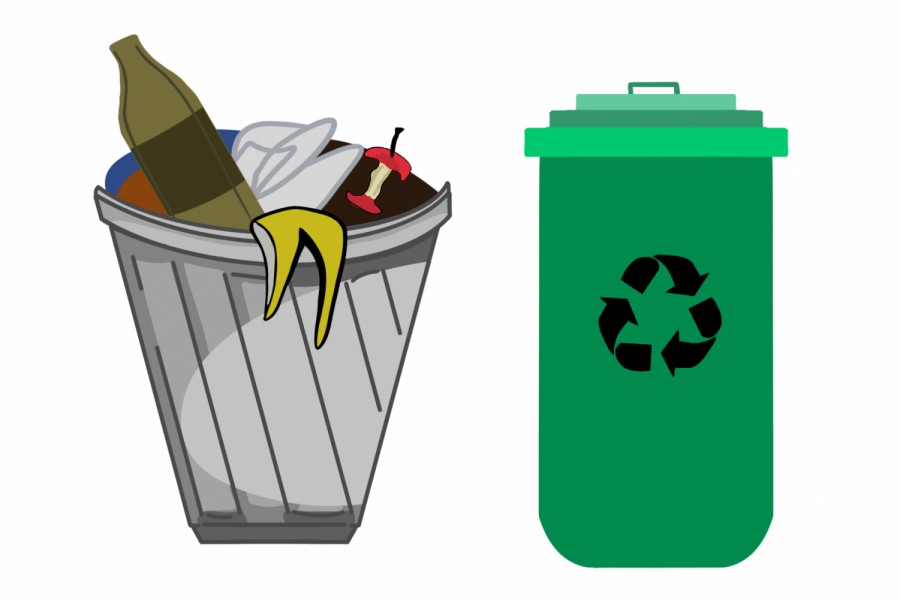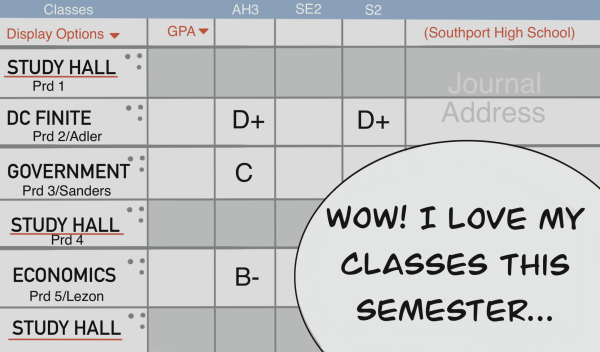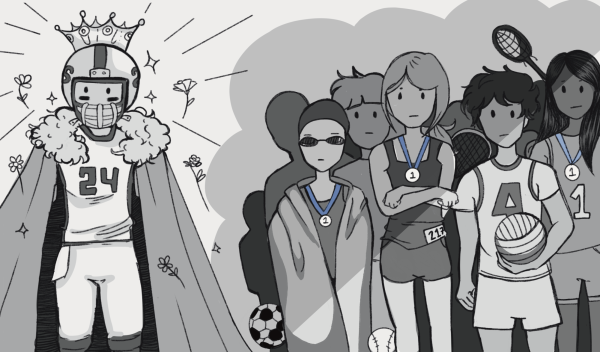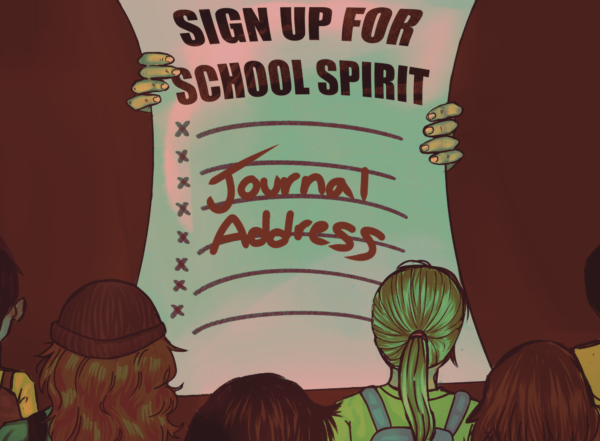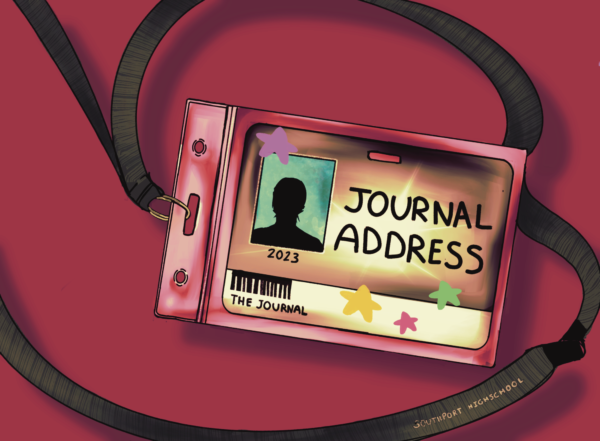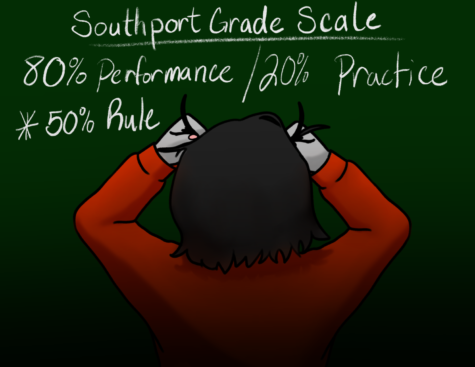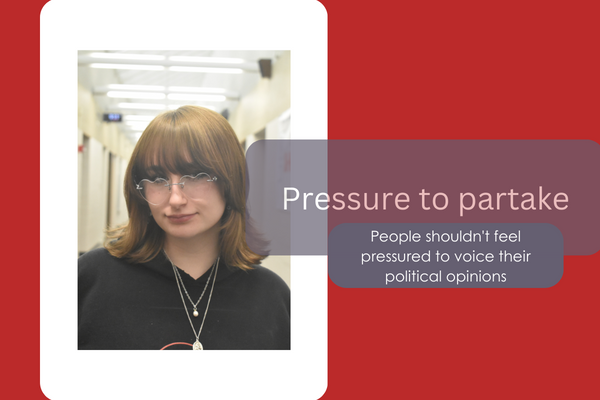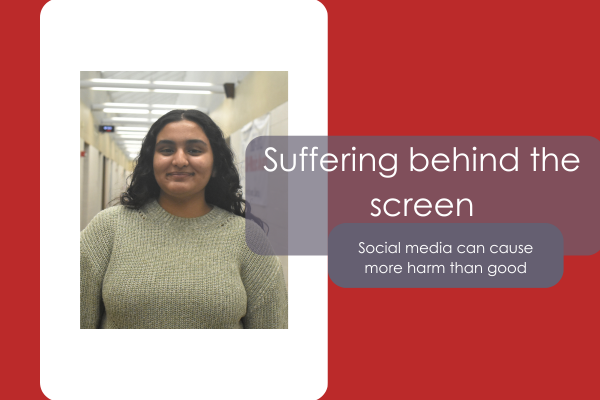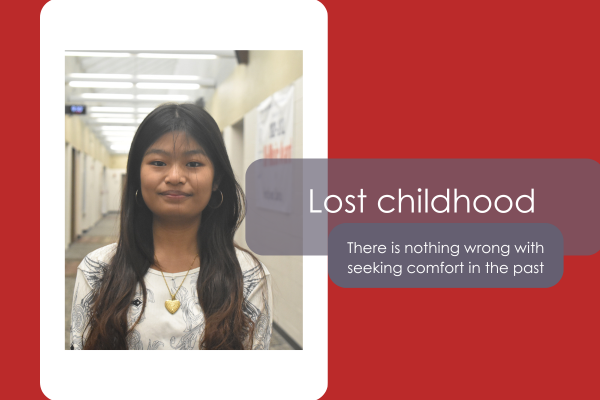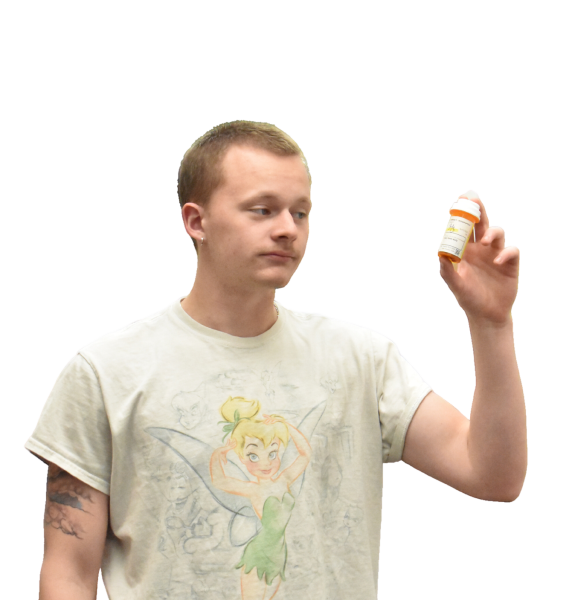Journal Address
All types of recycling should be embraced at SHS
It’s time for us as a species to stand up and give ourselves a pat on the back because we, The Journal, have decided to recognize mankind for our main accomplishment during our time on this planet: destroying it.
With our mass production of greenhouse gases, plastic and litter, we have single handedly put a massive dent in our planet’s health– a dent so massive that scientists say the temperature of Earth could rise a half degree Celsius, an irreversible tipping point, in fewer than 12 years, according to ABC News. This could wipe out coral reefs, which are key contributors to marine life and provide close to $30 billion worth of goods and services for mankind and threaten to melt the Atlantic ice caps which would worsen flooding around the world, according to the World Wide Fund for Nature.
Unfortunately, other living things have suffered because of our carelessness. According to The Guardian, humans make up just 0.01 percent of all life, yet we have destroyed 83 percent of wild mammals and 50 percent of the plants on the planet.
Wild animals only make up for four percent of Earth’s mammal population. The rest is made of humans and our livestock. It’s to the point where scientists are considering this the sixth mass extinction in the four billion year old history of Earth.
Meanwhile, President Trump decided to pull the U.S. out of the 2015 Paris Agreement, an agreement among over 170 parties across the globe to lower greenhouse gas emissions, because it “… disadvantages the United States for the exclusive benefit of other countries.”
We could list facts like these all day, but there literally is not enough time. Actions need to be taken to attempt to reverse the damage we have done, and a lot of it could be happening here at SHS.
Recycling is one big step SHS could take to become a more environmentally-friendly school. If you walk through the classrooms and halls of SHS, you’ll notice that there are no plastic recycling bins. Even the cafeteria, where loads of recyclable waste gets thrown away with regular trash, only has one bin that is emptied once a week by the Green Earth Society. However, this is not enough for the 2,200 students of SHS.
It may seem easy to just slap a few blue cans in the cafeteria and hallways and call it a done deal, but it’s not that simple. Assistant Principal Andy Ashcraft says that there are a lot of parts that need to be sorted out before a plan can be set in place.
“Who’s going to get all of (the recyclables)? Who’s going to take it? Where are we going to take it? Where are we going to put it outside? Who’s going to organize it?” Ashcraft said. “All of those questions have to be answered.”
Luckily for us, science teacher and green activist Rachel Brunsell is getting started on answering some of these questions. Brunsell has recently received money from the mayor to purchase some recycling bins to place in the cafeteria, halls and the fieldhouse.
According to Brunsell, the biggest barrier she is running into with this green push is getting students to care enough to separate their trash from their recyclables and put everything in the correct spot.
Brunsell also says that more can just be recycled from the SHS cafeteria than we think. According to her, all of the juice and milk cartons could also be be recycled, along with the bottoms of the plastic containers.
“We could easily fill that dumpster everyday with what we could be recycling,” Brunsell said. “People understand bottles and cans, and then they stop.”
Another check in the recycling column according to Brunsell is that it is cheaper than trash, meaning that the price for recycle pickup is cheaper compared to the price of garbage pickup. So if SHS could flip the narrative and use recycle bins more than garbage cans, we would help save the planet as well as money. This extra money could go to other smaller ideas that Brunsell has for SHS, such as composting and planting more plants around the school, or even for a bigger project such as getting buses that burn less or no fossil fuels.
The change has to start with us. This generation. It may seem pointless, but if the school pushes these small eco-friendly habits onto us then we can learn them and carry them into our own lives and even our children’s lives, and that could have a great impact. However, it all starts with our choice to learn what to do and stick with it. We could be the generation to reverse the damage of humans, or we could finish the job. It’s all up to us.


